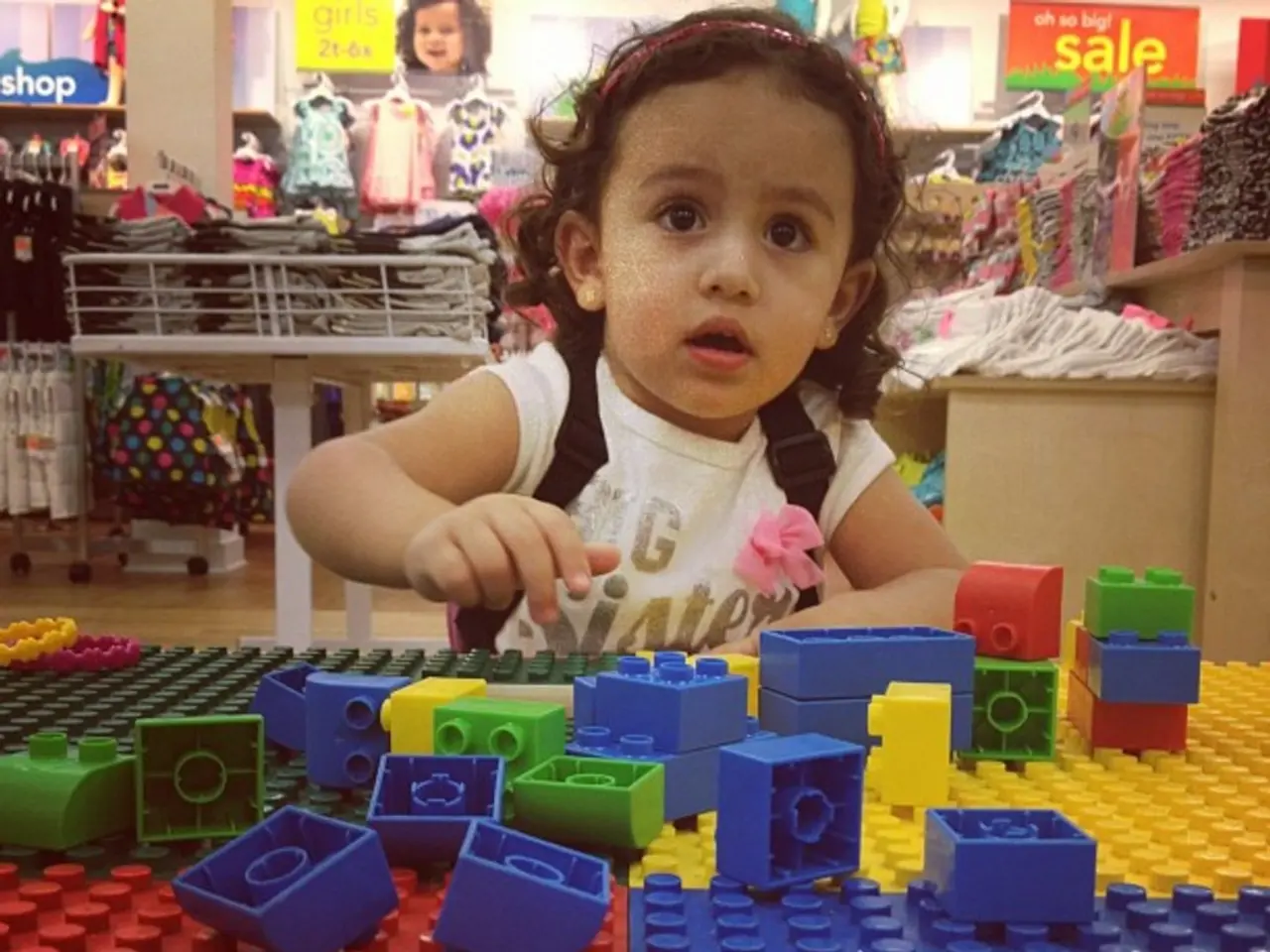Proven Techniques for Disciplining Children in Nigeria
In today's fast-paced world, parenting in Nigeria can be a challenging task, with parents juggling work, family responsibilities, and societal expectations. However, with the right strategies, parents can raise children who are respectful, responsible, and resilient.
One of the key factors affecting a child's behavior in Nigeria is the influence of negative peer pressure and media exposure, leading to children engaging in risky behavior and being exposed to harmful content. To counteract this, parents can adopt effective behavior management strategies that encourage positive behavior, foster strong parent-child relationships, create a peaceful home environment, and reduce the violation of societal laws and norms.
Role modeling is important, as parents should set a good example and model the behavior they want their children to emulate. By demonstrating calm and respectful behavior, parents can teach children emotional regulation and social skills. Offering children controlled choices encourages autonomy and reduces power struggles. Giving options within acceptable boundaries, such as choosing between two chores, promotes cooperation while respecting family values.
Parents can also implement cues like reminders or visual signs to guide children’s behavior without direct confrontation. This approach suits Nigerian homes where implicit communication often supplements direct instruction, helping children remember expected behaviors gently.
Discipline strategies involve establishing clear rules and consequences, using age-appropriate disciplinary measures, and refraining from physical violence. Instead of harsh punishments, Nigerian parents can use brief time-outs or logical consequences that connect directly to the misbehavior. This respects the child’s dignity while teaching cause and effect, aligning with the authoritative parenting style common among Nigerian caregivers.
Effective behavior management also involves creating an environment where children know what is expected of them. Consistency in approach is important in promoting positive behavior, including being consistent in enforcing rules, ensuring all caregivers enforce rules similarly, and providing a stable and predictable environment for children.
Positive reinforcement strategies for managing behavior include offering praise and rewards, creating a chart to track progress, and using positive statements. Praising good behavior and offering incentives, rather than focusing solely on punishment, nurtures self-esteem and motivation. Nigerian parents can incorporate culturally meaningful rewards such as extra family time or participation in valued cultural activities.
Given the cultural emphasis on respect and community in Nigerian society, teaching children about social roles, respect for elders, and communal responsibility naturally forms a strong behavioral foundation. Incorporating storytelling and proverbs familiar in Nigerian culture can reinforce these values.
In summary, effective behavior management for Nigerian parents combines modeling, offering choices, gentle prompting, logical consequences, and positive reinforcement, all delivered within a culturally attuned framework that values respect and community connection. By adopting these strategies, parents can help their children develop self-discipline and responsibility, encourage positive behavior, and navigate the complexities of modern life in Nigeria.
For additional resources, Nigerian parents can refer to books, articles, and websites such as Parenting with Love and Logic, The 5 Love Languages of Children, Positive Discipline, Parenting Science, and Essential Parent. Two e-books for sale are 'Parenting in the Digital Age' and 'Raising Financially Smart Nigerian Kids: 425 Lessons on Money & Entrepreneurship'.
It's important to note that factors contributing to a child's behavior include genetics, environment, and parenting style. While these strategies can significantly improve behavior management, it's crucial to remember that every child is unique, and what works for one may not work for another.
Lastly, mental health issues such as depression and anxiety are often stigmatized in Nigeria, making it difficult for parents to seek help. It's essential for parents to be aware of these issues and seek professional help when needed to ensure the overall well-being of their children.
- To tackle negative influences on child behavior in Nigeria, parents should implement effective behavior management strategies, such as modeling positive behavior, offering controlled choices, and using positive reinforcement.
- By adopting an authoritative parenting style, Nigerian parents can use brief time-outs or logical consequences, as opposed to physical violence, to discipline their children.
- Consistency in approach is key to promoting positive behavior in children, enforcing rules consistently, ensuring all caregivers enforce them similarly, and providing a stable environment.
- Incorporating Nigerian cultural values, such as storytelling and proverbs, can reinforce teaching children about social roles, respect for elders, and communal responsibility.
- For resources, Nigerian parents can refer to books, articles, and websites such as Parenting with Love and Logic, The 5 Love Languages of Children, Positive Discipline, Parenting Science, and Essential Parent, or purchase e-books like 'Parenting in the Digital Age' and 'Raising Financially Smart Nigerian Kids'.
- It's important to remember that genetics, environment, and parenting style all contribute to a child's behavior, and what works for one child may not work for another.
- Mental health issues like depression and anxiety are often stigmatized in Nigeria, making it difficult for parents to seek help. Parents are encouraged to be aware of these issues and seek professional help when necessary to ensure their children's overall well-being.
- By combining modeling, offering choices, gentle prompting, logical consequences, and positive reinforcement, Nigerian parents can help their children develop self-discipline and responsibility, encourage positive behavior, and navigate modern life in Nigeria.




